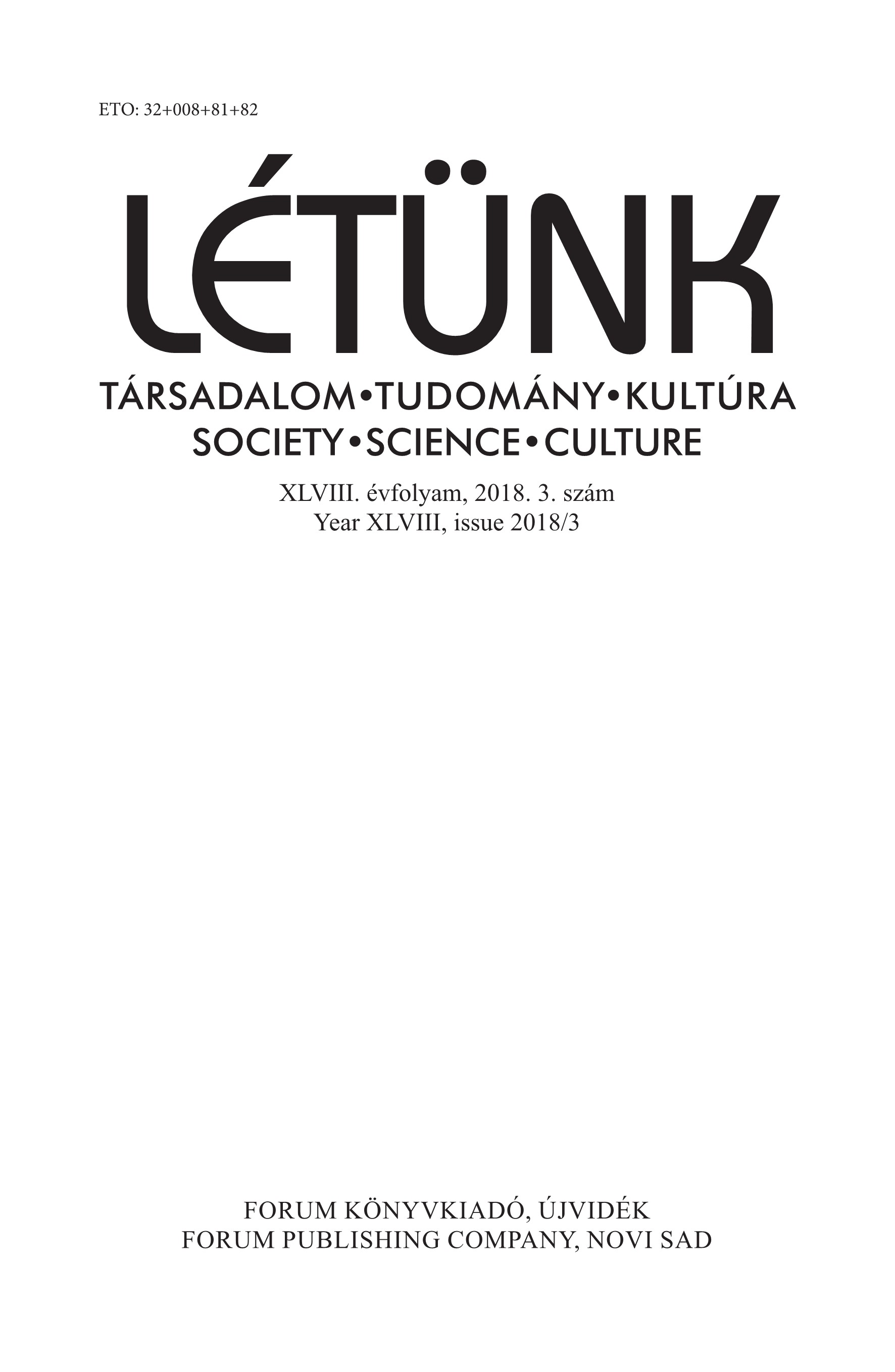A csodálatos falu/város. Hajós/Hajosch mentalitása
Mentality of the Wonderful Village/City of Hajós
Author(s): Vilmos VoigtSubject(s): Cultural Anthropology / Ethnology, Culture and social structure
Published by: Fórum Könyvkiadó Intézet
Keywords: peasant mentality; Hajós; a German village in north from Bácska; hardships for the German peasants between 1938 and 1954; folk song
Summary/Abstract: After the devastating Turkish wars in Hungary, in the first quarter of the 18th century to peasants from German states was offered to migrate to the wild areas of South of the Hungarian kingdom, to the so called Schwäbische Türkei (Turkey for Swabian Germans). One group of the inhabitants in villages between the rivers Danube and Tisza, the Roman Catholic village, Hajós was settled from Württenberg. Their language (a unique idiom of Swabish, i. e. Alleman) and geograpical situation made them isolated, and thus developing a very rich peasant culture. Scholars (Mária Schön, Zsuzsanna Bereznai and János Müller) started from 1983, worked on a large ethnographic/folklore project to comprise the traditional lore of the village. Three bulky books (together more than two thousand printed pages) appeared. The first was dedicated to „mentality” of the village people, the second published the best known folk songs, and the third relates about the hardships of the German minority in Hungary from 1938 to 1954. The method of the books is the same: to conduct thousands of interviews, and using all written sources available.Then to make a carefully composed summary of peasant life in Hajós. The books not serve only the folklore textology, but express the self-identity of Hajós village – which is today flourishing again, thanks to the diligant peasants there. Because of the similarity of Bácska villages and their folklore research, the review is dedicated to Anna Szőke, devoted scholar of folklore identity in the Bácska.
Journal: Létünk
- Issue Year: XLVIII/2018
- Issue No: 3
- Page Range: 43-57
- Page Count: 15
- Language: Hungarian

